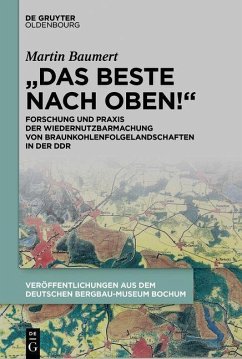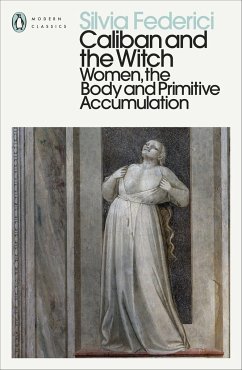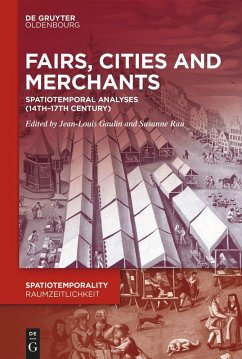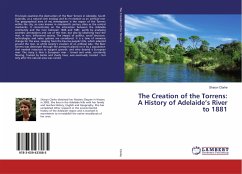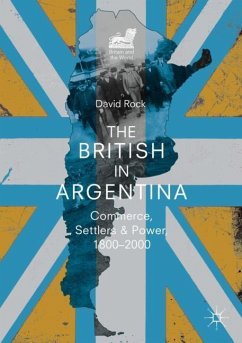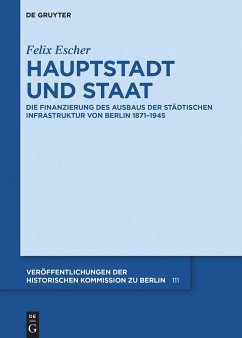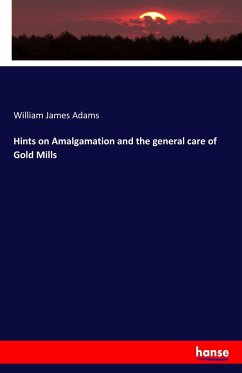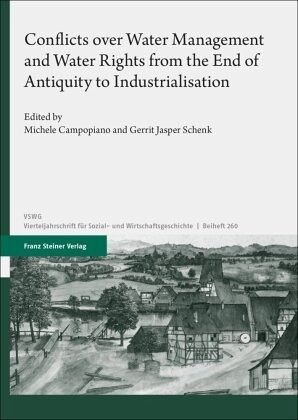
Conflicts over Water Management and Water Rights from the End of Antiquity to Industrialisation

PAYBACK Punkte
0 °P sammeln!
Few natural resources can be more important than water. And this is precisely why few resources can be the subject of greater conflict than water itself.This volume, edited by two internationally renowned specialists on the topic of water management research, brings together eleven experts from all over the world to propose as many innovative studies as possible that fully understand the scope of this issue for historical research but also for environmental science. The contributors break with a tradition of Eurocentric research on these times by bringing together research that covers not only...
Few natural resources can be more important than water. And this is precisely why few resources can be the subject of greater conflict than water itself.
This volume, edited by two internationally renowned specialists on the topic of water management research, brings together eleven experts from all over the world to propose as many innovative studies as possible that fully understand the scope of this issue for historical research but also for environmental science. The contributors break with a tradition of Eurocentric research on these times by bringing together research that covers not only Western, Central and Southern Europe but also India, China and Sri Lanka. The thematic coherence together with the geographical but also chronological range (5th-18th centuries) make it an essential starting point for all future studies on the subject.
This volume, edited by two internationally renowned specialists on the topic of water management research, brings together eleven experts from all over the world to propose as many innovative studies as possible that fully understand the scope of this issue for historical research but also for environmental science. The contributors break with a tradition of Eurocentric research on these times by bringing together research that covers not only Western, Central and Southern Europe but also India, China and Sri Lanka. The thematic coherence together with the geographical but also chronological range (5th-18th centuries) make it an essential starting point for all future studies on the subject.




